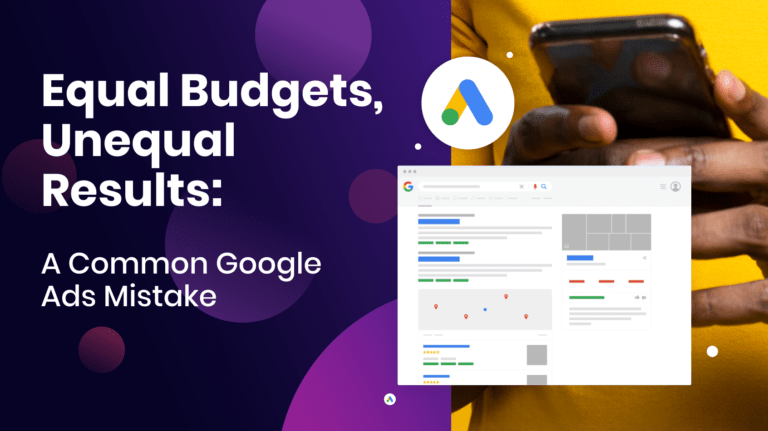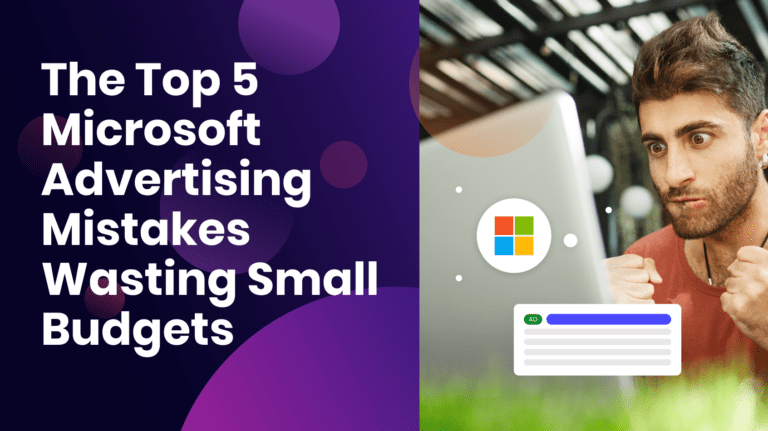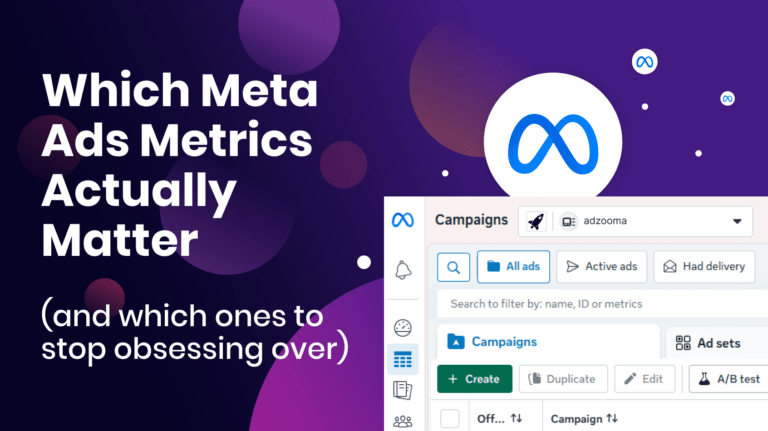TL;DR
- Major publications like The Guardian have made some ridiculous claims about online tech.
- A lot of it is scaremongering with no statistical backing – rather just illogical opinion.
- Living proof that journalists are struggling for new content, angles and data.
- Also features one of the most shocking articles I’ve ever read about Twitter being a drug.
As glaring internet lovers, it isn’t surprising we’re faced with the likes of clickbait, fake news and outlandish claims throughout our daily habitual scroll.
Though unrecognisable for some, content of this nature almost becomes comical for those who are au fait with online marketing, making it near impossible to value articles from ‘major’ news outlets.
We see this more than ever in 2019, almost like a magnified, cringe and failed version of the classic bait-and-switch technique popular in the ’90s. This type of manipulative advertising, in a similar sense, was posed much more covertly to naive consumers as opposed to intelligent beings.
This correlates the key issue to be discussed (or laughed at) here, which is that journalists clearly think their readers are illiterate or that they love misleading content. Access to deep customer insights and engagement analysis should technically make it easier than ever for journalists to report on worthwhile news, though, especially with the emergence of AI within content.
With this in mind, the sheer volume of poorly executed articles surfing the web is, in some ways, difficult to comprehend – that is, until you click on the Mail Online and become inundated with everything of the sort.
Nonsensical headlines, quotes, and so forth
Mail Online

If you’re anything like us, you will have at least chuckled or made some sort of disapproving sigh before going on to express how utterly baffling this is. Despite the unconvincing melodramatic tone, it’s an unwritten rule that the phrase “experts claim” screams “we need to make this sound legit”.
In a bid to appear convincing, you’d think the TL;DR at the top of the page would include credible stats about the kind of technology that’s affected these children, particularly with it being the main part of the story. Instead, we’re faced with this:
- Those who spend too much time in front of screens struggle to communicate
- As a result, they become frustrated and bite other children or nursery staff
Call me stupid, but struggling to communicate and experiencing frustration as a young child doesn’t lead to an inclination of biting. Plus, of the 1,000 people questioned about children biting at their nurseries, it’s unclear and unlikely technology was ever even mentioned – which renders it pointless anyway.
Technology can interpret data and simulate a natural human conversation, Mail Online, but it cannot influence children to bite.

If I had a penny for every time I read a headline like this, I wouldn’t be sat at work doing the research. Mind the spelling mistake as well, it isn’t ours.
First, someone’s unproductive opinion doesn’t make for deserving news whether it’s Richard Littlejohn or your next-door neighbour. There’s no substance or rationality here given Twitter isn’t and never will be a drug, and it’s point-blank ludicrous to state social media addictions “enslave hundreds of millions of people.”
Not only that, but the generalisation surrounding social media users is almost abhorrent – stating that they “glance anxiously at their handsets” and “believe their every thought and utterance is endlessly fascinating, no matter how outrageous, unpleasant or simply gormless.”
Does this mean my 56-year-old ex driving instructor categorically trolls the internet and posts extremist videos about slavery? Unsure.
New York Post

Coming from somebody who owns Time magazine, which (if we adopt the same mentality about excessive consumption) could lead to an increase in anxiety, polarisation and stress for its users, it’s difficult to take this article seriously. Not that I thought I’d be able to before reading it, mind, but the hypocrisy has blown my mind.
There isn’t much to go off given the lack of reasoning and pure abstract comments, but this sentence sums it up completely: “FB is the new cigarette – it’s addictive, bad for us, & our kids are being drawn in.”
First, all of those statements are all relative whether it’s in the Opinion section or not. Time spent on social media, the way different platforms are used and alternate factors such as followed accounts and browsing habits determine the impact of social media, not just innocently scrolling through tweets. As for children, the news they’re exposed to is arguably down to the parent rather than Facebook as a whole, which I thought was blatant common sense.

Well, I never knew.
I don’t have a problem with similar, common or repurposed content if it brings something new to the table. But when it comes to an article like this, it’s almost as if the journalist brainstormed every topic related to the brief and rolled a dice to decide which idea they’d discuss first. Which creates a problem.
When I first started reading this article, I thought it’d dive right into the all-powerful, data-driven technology that’s known to surpass unbelievable scientific measures and urge us to pick up our phones. Instead, it describes someone’s mundane, predictable and prevalent activity as such:
“According to my iPhone, I pick up my phone 177 times a day and spend 26 hours a week on social media. Any time I experience even a few seconds of idle time, my hand compulsively reaches for my iPhone, and once I open Facebook or Twitter and begin the infinite scroll down my newsfeed, I am locked in…”
Even as the reader and not the perpetrator, I simply have no interest in someone else’s screen time or daily habits surrounding their phone. This sort of content is completely useless to me, holds no authority and adds nothing to the already-obvious, blasé headline.
As for the excessive rhetorical questions towards the end, it’s a no from me.
The Guardian

At a time when The Guardian seemed like the only remaining source of decent news, (note the word decent), it unsurprisingly proves us wrong. Capital letters clearly can’t save a brand or anything for that matter, so if one thing is for sure, Guardian journalists are clutching at straws in 2019.
The headline isn’t the only reason I say this either, albeit bizarre, as there is literally no unique research throughout the entire article. Most of the text is quoted from “a blogpost”, just like we did there in the middle of the sentence, which makes it difficult for people to read and ironically highlights the lack of time and effort invested by the writer.
Now, if it was based on stimulating opinion or provoked some sort of controversy with inadequate research, I’d probably still be all eyes and ears. Rather, it’s swamped with things like:
“The upper-case logo proves the company’s worthiness.”
No, it doesn’t.
“Who could look at the new FACEBOOK and not feel renewed hope coursing through their veins?”
Me.
“Facebook is the social network you hate, FACEBOOK is the company you didn’t know you loved.”
And The Guardian is the outlet we can no longer read.

Sometimes I wonder how headlines like this get past editors and then I realise terrible news always has and always will make the press. Very unfortunate for consumers, but humorous for comparable and self-assuring research.
As if Brexit isn’t confusing enough, The Guardian throws another spanner in the works with the supposed aim of enlightening its users. I’m no genius or democratic leader, but I don’t think it shouldn’t require either to understand one political headline.
Rightly so, one of the first few paragraphs begins by saying “If this all seems a bit confusing, you aren’t alone,” which we definitely already are by this point. All confusion aside, we hope for more clarity and justification in the next few paragraphs.
Wrong. What we do get though is endless paragraphs about John F. Kennedy and Facebook artificially intervening in its timeline to boost video – which, clearly, are the two reasons I came to this article in the first place.
Inc.

Dear reader, you can’t use Snapchat in the same manner as LinkedIn. We’re partial to speculation if it’s supported by statistics, but when an article is based upon false statements and only references DJ Khaled, we have no choice but to revoke.
How often do you upload filtered selfies to your LinkedIn profile or discuss professional business opportunities on your Snapchat stories? Even the thought seems unruly, but we read on anyway to gain more insight. After all, not all news can be useless.
In discussing the “overlap” between Snapchat and LinkedIn and the preferences amongst businesses, the article reads:
“Do you think they would you rather type out a post on Linkedin or fire up their Snapchat camera and go on a Snapstorm? Writing requires planning and revision, while talking on camera requires maybe some light planning.”
Of course one seems easier than the other, but they’re merely comparable. Every single one of the posts I’ve read on LinkedIn would fail on Snapchat. The business-led content, marketing links and purposeful networking could not be replicated across a platform used for entertainment among teenagers which, may I add, would not be interested in a boring recruitment commentary.
Yahoo! Small Business

Sorry what? The things you’re looking for is your paid ads! You want to see your ads on the results page as confirmation they are well-written, abide by Google’s rules and have a good Quality Score. If you can’t see your ads because they’re only ranking on the 99th page, or in this instance because the search engine has removed them, you won’t know how well they’re performing.
I’ve read this article time and time again and still come to the same dampened conclusion, which considering the rest of this article, isn’t at all surprising. How can a lack of paid ads be better for businesses, or in other words, people who often rely on paid advertisements for business?
Unsure whether I’m lost for words or there is simply no other explanation – we’ll leave this one here and pray for the poor souls who have taken any advice from Yahoo.



